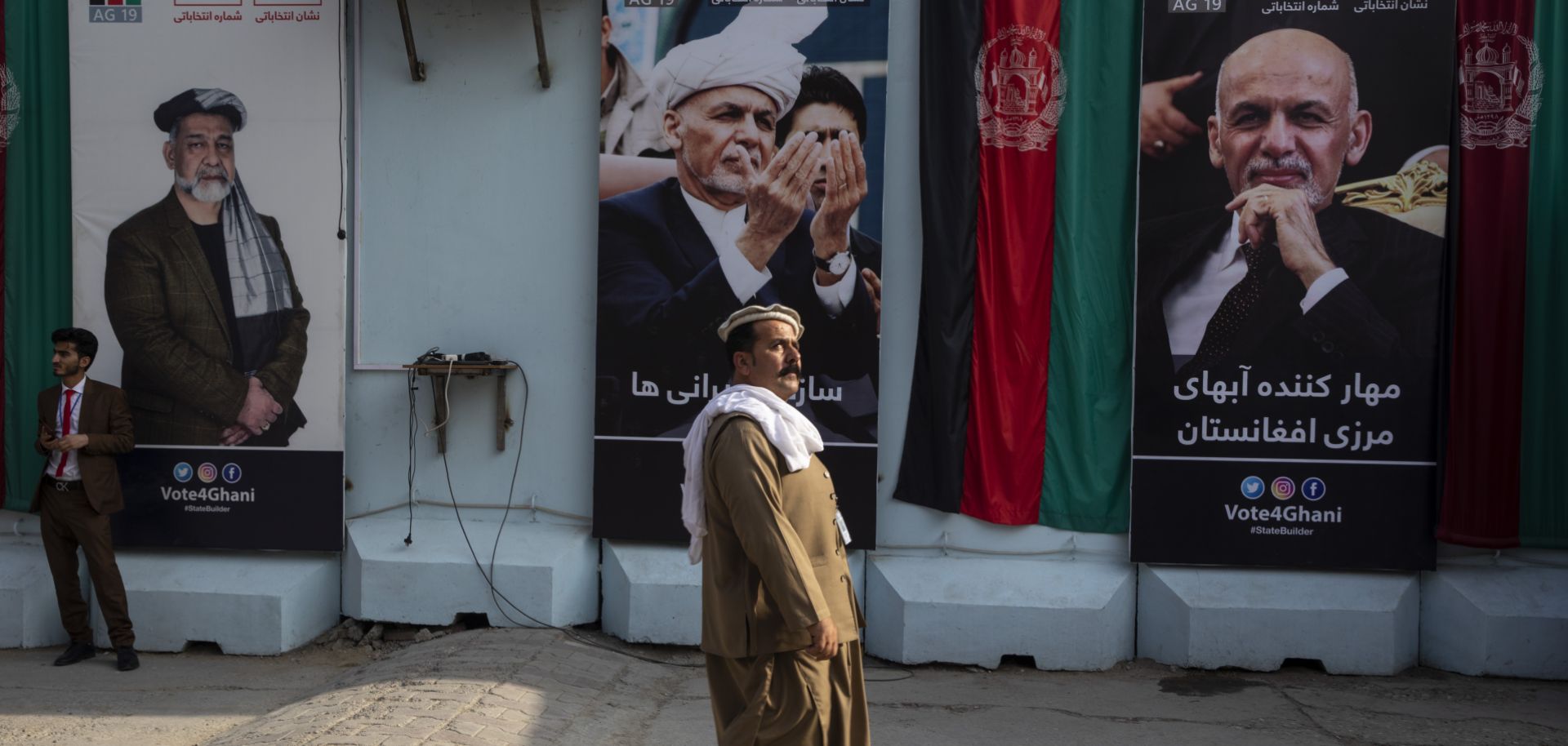COLUMNS
A U.S.-Taliban Deal Is Likely. Peace in Afghanistan Is Not.

Oct 3, 2019 | 09:00 GMT

As the U.S. conflict in Afghanistan enters its 19th year, several significant developments have unfolded in recent weeks that will shape the country's security and governance dynamics.
(PAULA BRONSTEIN/Getty Images)
Highlights
- The wider war in Afghanistan will continue until the Taliban and the Afghan government agree to a nationwide cease-fire in separate talks.
- The continued violence will cause hiccups in U.S.-Taliban negotiations, but their mutual desire for a political settlement will still eventually yield a limited peace deal.
- The prospects for long-term stability in Afghanistan, however, will be dictated more by the Afghan government that emerges following Sept. 28 elections.
Subscribe Now
SubscribeAlready have an account?
